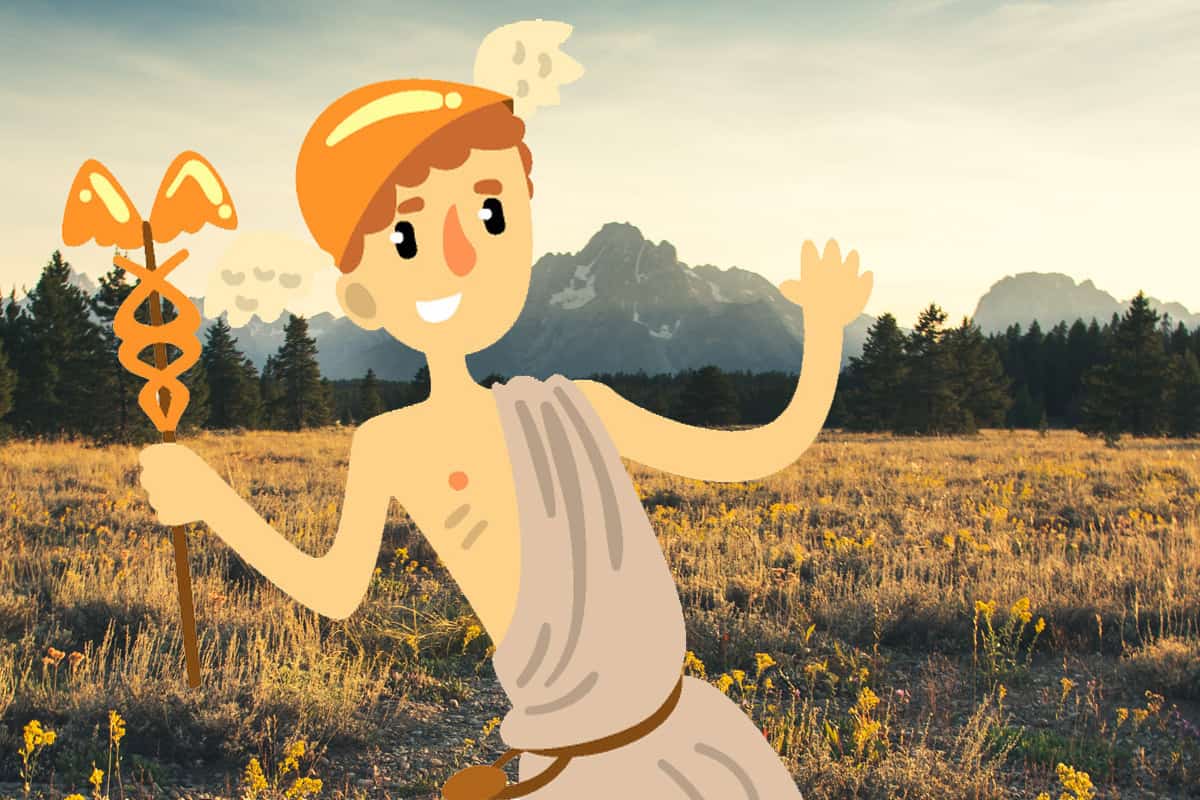

He was the discoverer of music (for besides the lyre he invented the shepherd's pipe), and he was also the god of wise and clever discourse. Owing to his vigour, dexterity, and personal charm, he was deemed the god of gymnastic-skill, which makes men strong and handsome, and the especial patron of boxing, running, and throwing the discus in this capacity the palaestrae and gymnasia were sacred to him, and particular feasts called Hermaia were dedicated to him.

Strength of voice and excellence of memory were supposed to be derived, from him in his capacity of herald. It was on this account that the priestly race of the Kerykes claimed him as the head of their family ( see ELEUSINIA). Again, as Hermes was the sacrificial herald of the gods, it was an important part of the duty of heralds to assist at sacrifices.
Hermes and hades how to#
On account of his nimbleness and activity he is the messenger of Zeus, and knows how to carry out his father's commands with adroitness and cunning, as in the slaying of Argos (the guard of Io), from which he derives his epithet of Argos-Slayer, or Argeiphontes. He too it is who endowed Pandora, the first woman, with the faculty of lying, and with flattering discourse and a crafty spirit. Thus he is the patron of tradespeople and thieves, and is himself the father of Autolycus ( q.v.), the greatest of all thieves. He takes special delight in men's dealings with one another, in exchange and barter, in buying and selling also in all that is won by craft or by theft. Together with Athene, he escorts and protects heroes in perilous enterprises, and gives them prudent counsels. Every unexpected find on the road was called a gift of Hermes ( hermaion). At cross-roads in particular, there were raised in his honour and called by his name, not only heaps of stones, to which every passer by added a stone, but also the quadrangular pillars known as Hermae (q.v.) At Athens these last were set up in the streets and open spaces, and also before the doors. In many places he was considered the god of crops and also as the god of mining and of digging for buried treasure, His kindliness to man is also shown in his being the god of roads. In many districts of Greece, and especially in Arcadia, the old seat of his worship, Hermes was regarded as a god who bestowed the blessing of fertility on the pastures and herds, and who was happiest spending his time among shepherds and dallying with Nymphs, by whom he had numberless children, including Pan and Daphnis. In this myth we have allusions to several attributes of the god. Zeus made his son herald to the gods and the guide of the dead in Hades. However, Hermes so delighted his brother by his playing on the lyre that, in exchange for it, he allowed him to keep the cattle, resigned to him the golden staff of fortune and of riches, with the gift of prophecy in its humbler forms, and from that time forth became his best friend. Apollo, by means of his prophetic power, discovered the thief and took the miscreant to Zeus, who ordered the cattle to be given up. Born in the morning, by mid-day he had invented the lyre in the evening he stole fifty head of cattle from his brother Apollo, which he hid so skilfully in a cave that they could not be found after these exploits he lay down quietly in his cradle. Immediately after his birth upon the Arcadian mountain of Cyllene, he gave proof of his chief characteristics, inventiveness and versatility, united with fascination, trickery, and cunning. Son of Zeus and of the Naiad Maia, daughter of Atlas. Deprecated: Function split() is deprecated in /www/www-ccat/data/classics/myth/php/tools/dictionary.php on line 64


 0 kommentar(er)
0 kommentar(er)
